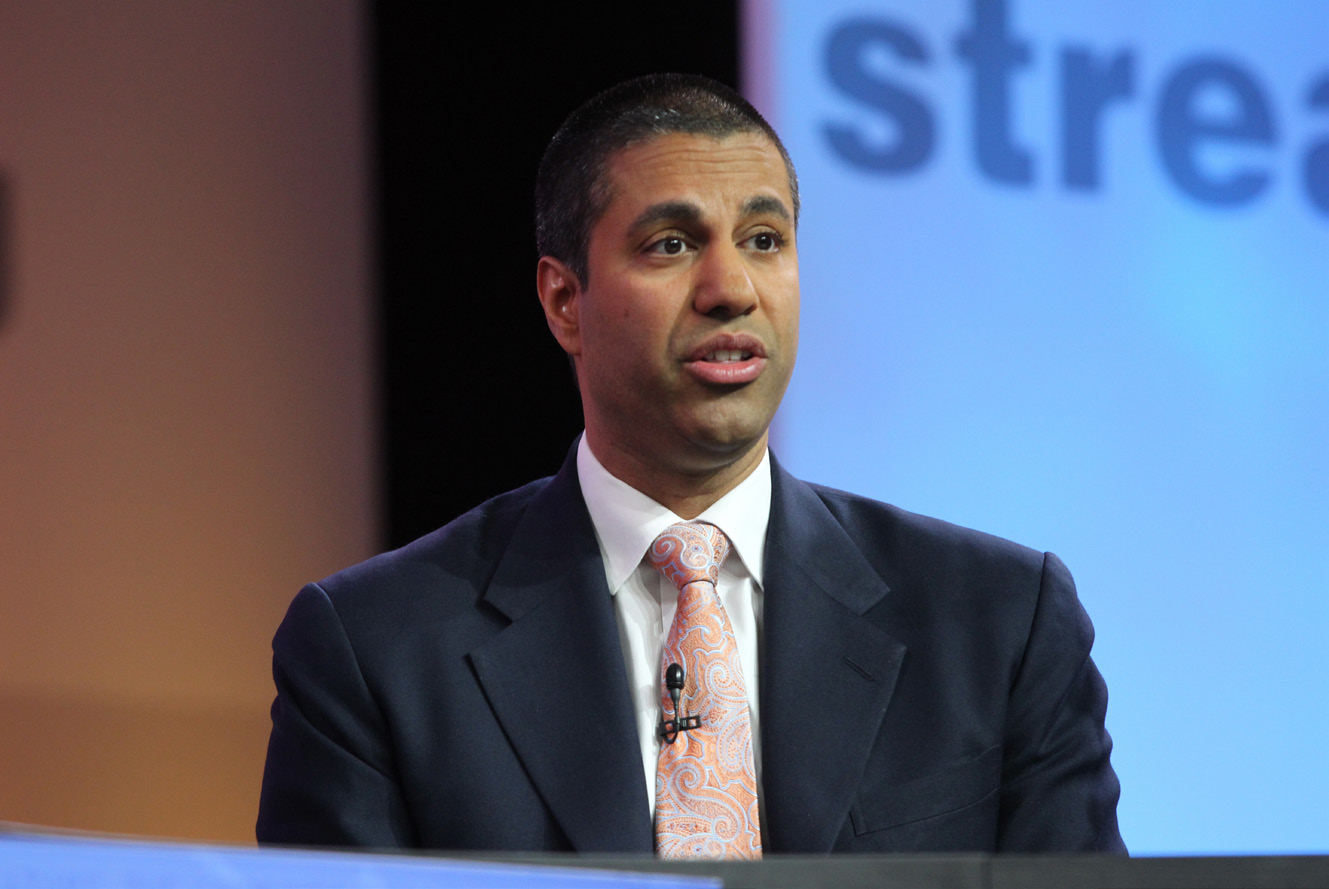Sinclair-Tribune Hearing Remains in Limbo

The smarter way to stay on top of broadcasting and cable industry. Sign up below
You are now subscribed
Your newsletter sign-up was successful
The FCC’s lone administrative law judge at press time had still not weighed in as to whether he will shut down the designated hearing on allegations that Sinclair Broadcast Group misled the agency about its proposed $3.9 billion purchase of Tribune Media, leaving that serious “lack of candor” charge hanging over the company.
It has been more than 10 weeks since the FCC unanimously voted to refer the deal to Judge Richard Sippel, signaling it had issues with how Sinclair represented the spinoff stations in the deal.
Multiple calls to the judge’s office had not been returned at press time and the most recent heading on the ALJ website was from 2009. A spokesperson for FCC chairman Ajit Pai had no update on the status, referring all questions to Sippel’s office and essentially saying the ball remains in the judge’s court.
The FCC’s Enforcement Bureau said it was OK with the hearing being cancelled, given that Sinclair withdrew the merger after it was designated for a hearing. That is typically a death knell for such transactions, given how long that process can take — sometimes a year or longer. But if the hearing is not going to be cancelled, a schedule was supposed to have been published by now, according to the designation order.
Some Democrats on Capitol Hill have pushed the FCC not to pull the plug on the hearing or, if the ALJ does, for the chairman to refer the issues back to the Enforcement Bureau (one former official said it could also be the Media Bureau) for an investigation into the “lack of candor” allegation, which could implicate Sinclair’s ability to hold any license, not just the ones involved in the deal.
The former official said that if he were Pai and the hearing were dropped, he would refer it to one of the bureaus for a full investigation, though he did not think it would result in Sinclair losing licenses even if the FCC did find reason to take some action.
But a Hill source suggested that other Democrats are fine with the hearing’s current “no resolution” status, so that the allegations remain an open issue. They would prefer the FCC not refer it to the Enforcement Bureau, which would not have to make the investigation public and could potentially close it with no finding against Sinclair, removing the opportunity to use the allegations to challenge Sinclair stations when their licenses come up for renewal, the Hill source said.
The smarter way to stay on top of broadcasting and cable industry. Sign up below
Even if the bureau were to issue a notice of apparent liability over the candor issues, it could also strike a settlement agreement for a hefty fine. Usually those settlements include no admission of liability and thus could not be used by Sinclair critics to challenge the licenses.
For example, back in 2016, Sinclair agreed to pay almost $10 million to settle an FCC investigation into whether or not it violated prohibitions on coordinated retransmission consent negotiations. Sinclair did not admit liability and the FCC said nothing raised substantial questions about the company’s basic qualifications to be a licensee.
Contributing editor John Eggerton has been an editor and/or writer on media regulation, legislation and policy for over four decades, including covering the FCC, FTC, Congress, the major media trade associations, and the federal courts. In addition to Multichannel News and Broadcasting + Cable, his work has appeared in Radio World, TV Technology, TV Fax, This Week in Consumer Electronics, Variety and the Encyclopedia Britannica.

